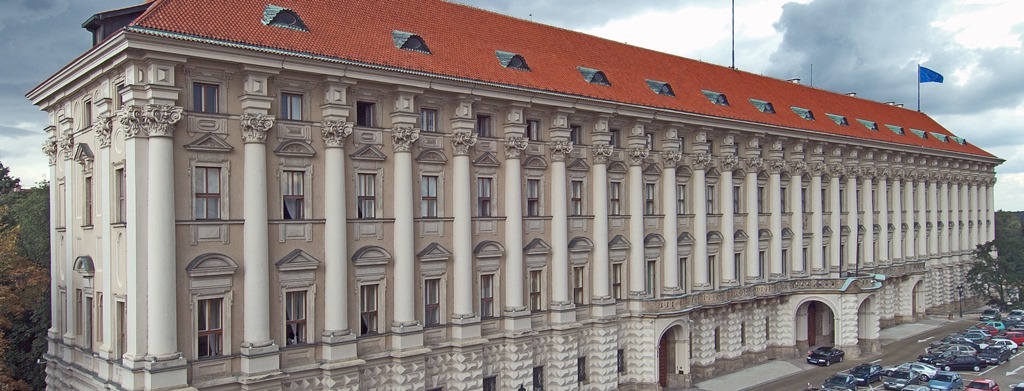Leaders of the European Union decided by unanimity to grant Ukraine and Moldova EU candidacy status ahead of the Czech EU presidency. Marking a pivotal step for the two countries’ journey towards closer ties with the EU, what is next on the agenda for the Czech Republic’s role as EU crisis responder?
Just few days before the crucial decision of the EU leaders, Czech Foreign Minister Jan Lipavsky, outlined the priorities of the upcoming EU presidency. Taking over their six months starting in July, Czech Republic is ready to fulfil their responsibilities and top policy priorities amid Russia’s war in Ukraine.
Consequently, it is easy to deduce that Ukraine will represent a key agenda priority. In addition to managing the EU’s energy security agenda and working towards breaking dependency on Russian gas, oil and coal, the presidency will aim to manage the refugee crisis and Ukraine’s post war recovery. This includes reaching a consensus on the granting of candidate status to Ukraine, which the EU leaders managed to achieve ahead of time.
What’s next?
Granting the candidate status to the two countries represents a key milestone for their journey towards closer ties with the EU. Needless to say, recognition of the candidate status does not guarantee future EU membership, yet it represents a powerful symbolic step that could eventually lead to substantial practical implications. There is a long way ahead and meeting the criteria for EU membership is not easy. Accession to the EU requires meeting Copenhagen criteria, which can be challenging to meet especially for the countries with very young democracies and emerging market economies. In the case of Ukraine and Moldova facing accession negotiations could take years if not decades.
The European Commission has laid out a series of conditions for Kyiv and Chisinau to fulfil. EU accession talks are divided into 35 chapters and grouped into six main clusters. Both countries will need to work their way through implementing the necessary reforms. Both countries require an urgent judicial reform and tackling corruption.
In this domain, the Czech EU presidency could lead the EU´s efforts in navigating Ukraine and Moldova through the implementation process. Prague will also need to make sure that the political support for the new candidate countries will not diminish quickly. The Union cannot allow that the two countries will stay outside of the EU for decades while being subjected to the accession process.
The candidate status gives the Ukrainian people hope for a free and democratic future as well as a strong political signal for full integration with the West and the EU. It also provides an opportunity to boost the financial, political, and military support for defeating Russia, managing the post-war reconstruction, and undergoing the necessary reforms. Every kind of staling negotiations present “enlargement fatigue”, which impedes the political momentum to push for further implementing challenging reforms in the candidate countries.
This also relates to the European Council conclusions on membership applications of Ukraine and Moldova, which suggest an escape clause for the EU in case institutional changes are not sufficient. “The progress of each country towards the European Union will depend on its own merit … taking into consideration the EU’s capacity to absorb new members.”
The stipulation suggesting a potential op-out of the EU to include new members remains very unclear as to how the progress will be objectively measured and decided upon. In this respect, the EU needs to swiftly rethink its approach to its enlargement policy and this momentum could be taken over by the Czech Republic. The presidency shall facilitate broader discussions on the concrete steps the EU could offer to candidate countries towards deeper integration.
For some time now, Prague had been reliably supportive for the integration of Western Balkan countries into the EU. Ahead of their presidency, Czech Republic affirmed to include this topic in their agenda. Nonetheless, the Western Balkans were not mentioned during the Czech government unveil of the priorities confirming a disconnect between rhetoric and policy.
While it is evident that immediate financial, political, and military help to Ukraine is the top priority for the time to come, the geopolitical status quo is implausible. In this regard, the EU’s approach to its enlargement policy needs serious rethink of its accession process.





